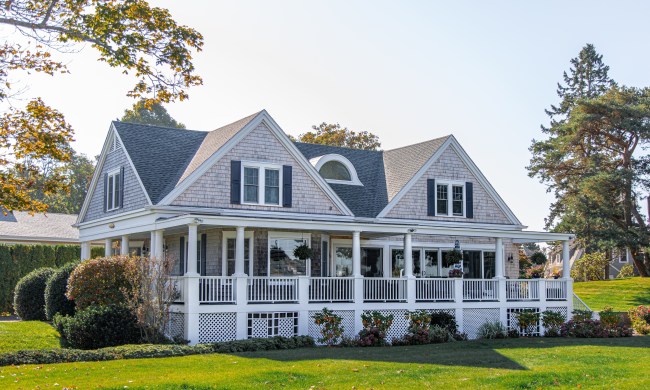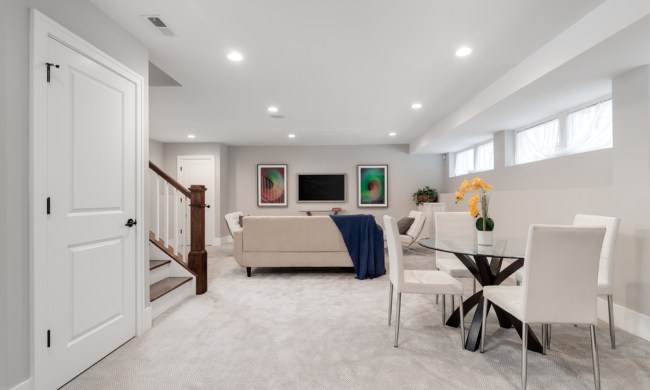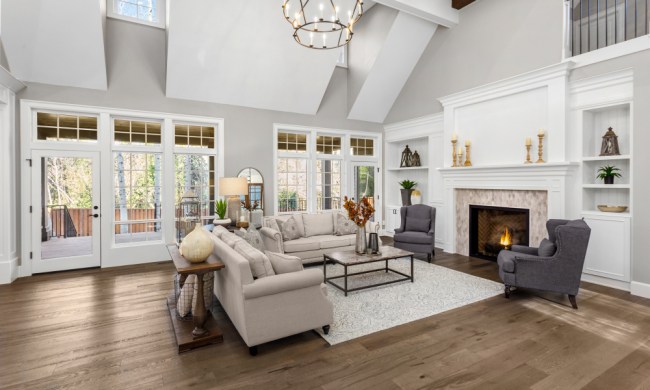We’ve all heard it: With the move to remote work during the pandemic — and people’s increasing desire to continue working from home — more and more people have been leaving big cities with high costs of living in favor of smaller cities, suburbs, and country homes where they can get more bang for their buck when buying a home (or, for those leaving cities like San Francisco and New York, where they’re able to afford a home at all). So much about our lives changed during the pandemic, but have New Yorkers really headed to the Sun Belt in droves?
As it turns out… not so much. Certainly, there are some people opting out of San Francisco or New York in favor of Texas or Arizona, but according to a recent report from OJO Labs, an online real estate site and personal finance tool, the vast majority of would-be buyers (75%) are looking a lot closer to home.

How far are people moving?
OJO Labs surveyed 514 consumers who had identified themselves as potentially interested home buyers and found that the majority of people were looking to buy a house less than 50 miles from where they currently live:
- 41% wanted a home between 6 and 50 miles from their current residence
- 36% wanted a home less than 5 miles from their current residence
- 11% wanted a home more than 500 miles from their current residence
- 9% wanted a home between 51 and 200 miles from their current residence
- 4% wanted a home 201 to 500 miles from their current residence
Wanting to stay close to home makes sense. While many businesses adjusted to the pandemic by switching to remote work — and are continuing to allow remote work — a hybrid arrangement is preferable for most employees who have the ability to work from home, according to a recent Gallup poll. Adding 15 miles onto your commute isn’t a terrible drain if you’re only going into the office one or two days a week, but a farther move makes hybrid work impossible unless you get a new job in your new city.
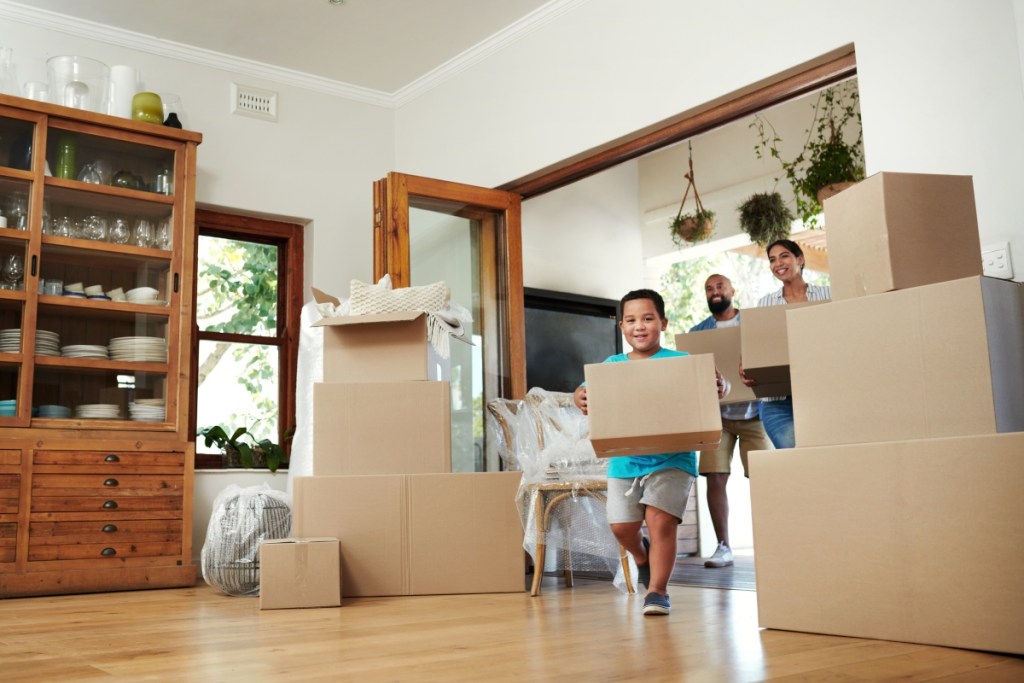
What locales are most popular?
Is there truly a migration out of cities in favor of more laid-back rural and suburban areas that offer open spaces, less congestion, and bigger homes? Not exactly. The survey found that most city dwellers weren’t looking to find their dream farmhouse out in the country. 66% of those living in rural areas, 76% of suburbanites, and 63% of urbanites all wanted to find a home in a locale similar to their current home.
And if they are willing to move to a different type of setting, they’re not looking for culture shock. For instance, only 9% of rural dwellers wanted to move to a city compared to 25% who were looking for a suburban home. Likewise, only 12% of city dwellers wanted to move to the country, compared to 25% who preferred the suburbs.
OJO Labs CEO and Founder John Berkowitz noted that homebuying patterns really haven’t changed that much since pre-pandemic times. “The reality is that people are moving in the same way they always have been, and the talk of the Great Migration shows the separation of reality in how we focus more on the rich, and the middle and lower classes are often forgotten,” he wrote in the study.
Related: Moving? Read More On Vehicle Shipping
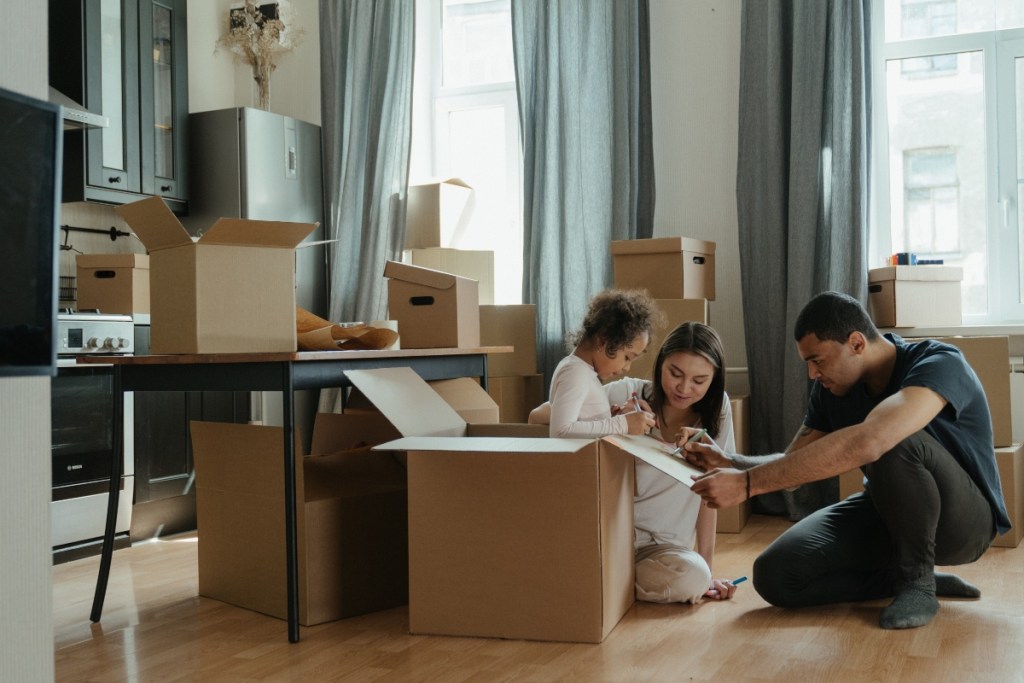
Why are people moving?
For the most part, respondents’ desire to move was linked to their lifestyle:
- 39% wanted a home with a better lifestyle fit — they desired a house with more or less space, or they wanted to be closer to loved ones
- 36% were moving because of a life event —marriage, children, changing jobs, or changing cities
- 14% looked for a home as a financial investment
- 11% wanted to buy a home because of favorable market conditions
While the pandemic certainly changed much about the way we live our lives, for the vast majority of homeowners, it did not change traditional buying and selling patterns. If you’re looking to buy a new home or sell your old one, be aware that potential homebuyers are more likely to be in your backyard (or at least your county).

